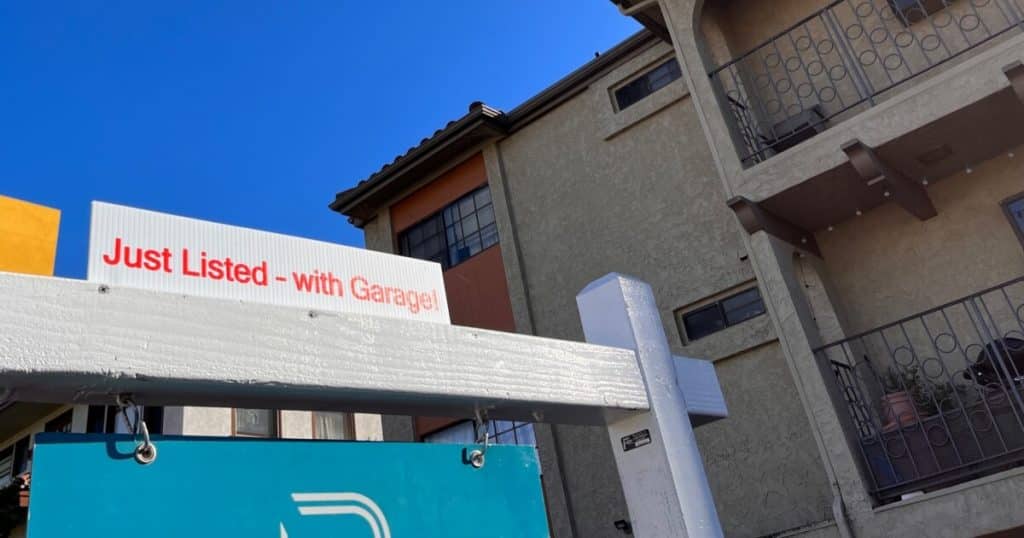Rising interest rates cause a slowdown in the housing market in San Diego.
“It’s put a big damper on demand,” said Jon Fields, a real estate agent with Keller Williams Realty San Diego Metro. He’s been a realtor in San Diego for a decade.
Fields said buyers who were once ready to engage in bidding wars, with offers well above the asking price, are now reluctant to enter the market.
“The market continues to move, don’t get me wrong. But it’s not that 10 to 15 offers (are received) over the course of a weekend,” he said. “It’s more like you put your house on the market on a Thursday, and maybe it takes a week or two to get a few offers or to get some offers.”
Fields said what he’s telling his clients is that the market is now simply “normalizing.”
The Federal Reserve raised interest rates again today, pushing them up half a percentage point in an effort to fight inflation. This is the seventh increase since March. Back then, the benchmark was close to zero, and now it’s just below 4.5%.
Matt Ficco, chief financial officer of California Coast Credit Union, said there was a borrowing frenzy in early 2022 when interest rates were near zero, and it continued until at the end of summer. But, he said, “Since then when those rate hikes really started to kick in, we saw the volume start to come down.”
Ficco said all those rate hikes, in a market where the median home price is $850,000, meant monthly payments were no longer affordable for many.
“If you buy the same house today that you bought a year ago, your monthly payment may have increased by $1,000, or even more in some cases. So that’s a significant increase for the consumer,” he said, adding that the same is happening with auto loans. “We’re seeing consumers trying to extend their car loans beyond 72 months, (up to) 84 months, in some cases 96 months or even 100 months. These are important terms for paying off a car loan.”
Ficco said lending activity is slowing for new home buyers. “Home loans have pretty much disappeared,” he said. “We’re still seeing borrowing on second mortgages or home equity lines of credit, where consumers are already in homes (and) are renovating (or) adding to their homes.”
Fields had some advice for buyers: have a plan, get pre-approved for credit, and ask yourself why they want to buy a home in the first place.
“If the answer is, ‘I’m going to sell my house next year and try to make some money,’ I don’t know if now is the time for you to buy,” he said.
But he said the purchase makes sense for anyone planning to stay in their home for five to 10 years, especially in a rental market like San Diego. “Rental rates are so high, and you compare them to what your mortgage would be and they’re at the same level, and it makes sense for you to buy,” he said.
Ficco also warned of a worrying trend in credit card use. “Consumers are using their credit cards to pay for those basic living needs, the daily needs that they have and that’s generally not a good sign that we like to see,” he said, adding that the rise interest rates also affects these cards. He advised people to think twice about holiday spending so they don’t end up with a giant payment they didn’t expect in January.
